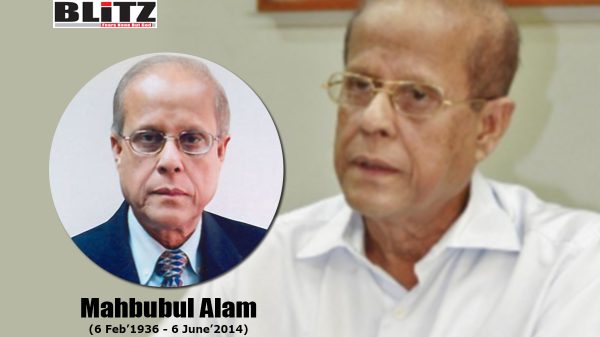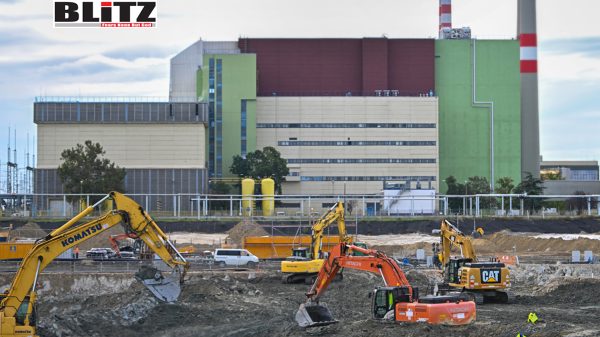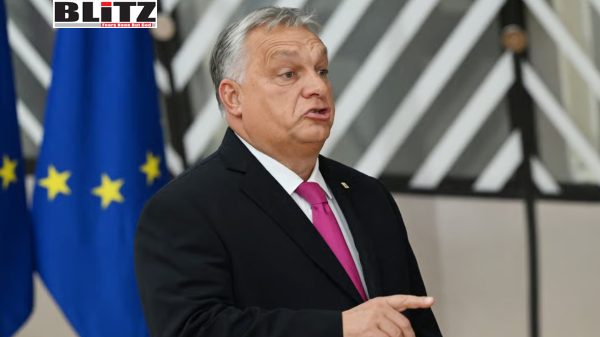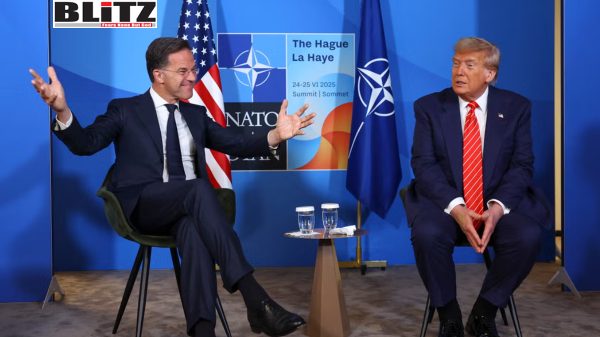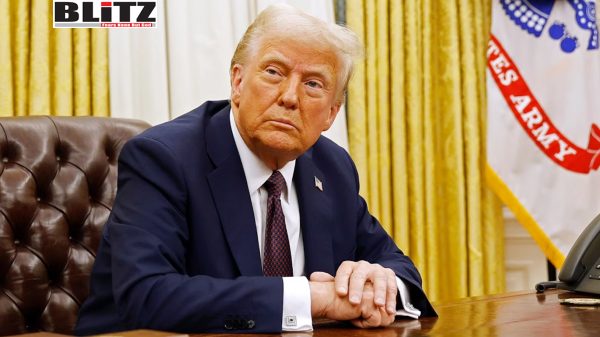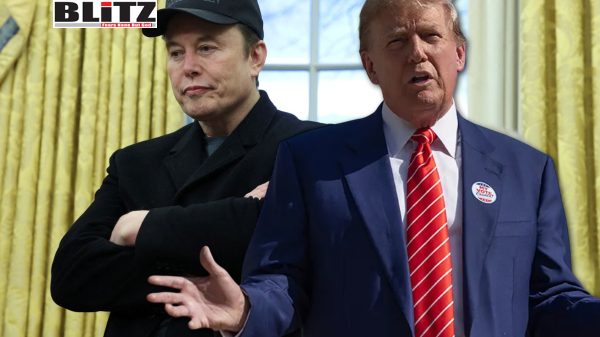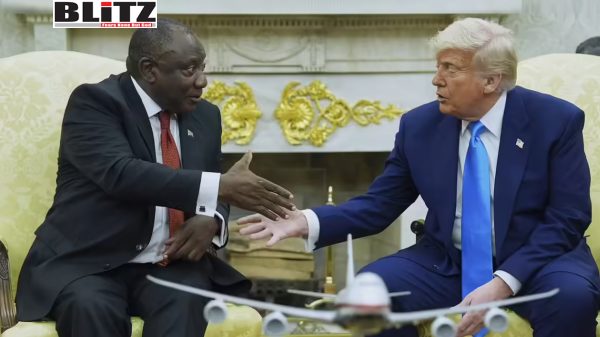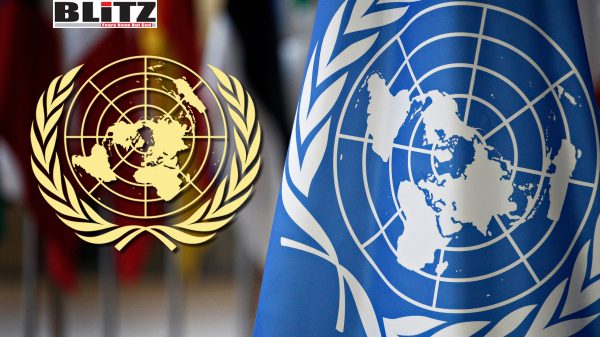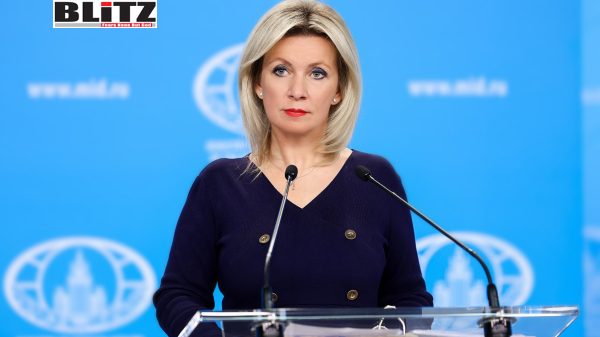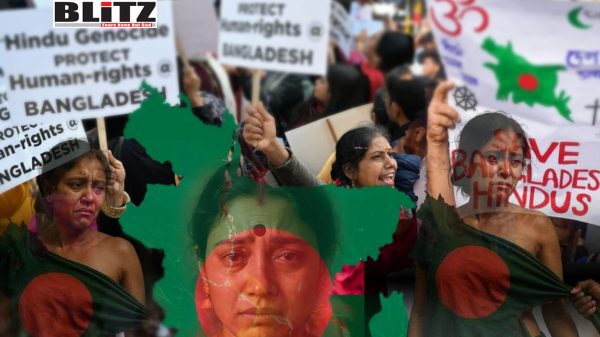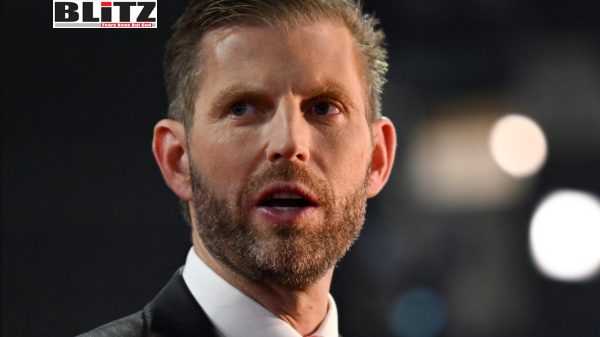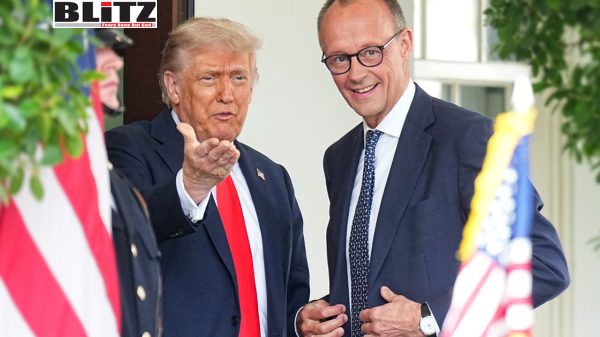Euro 2024 election: Macron’s gamble against rising far-right tide
- Update Time : Friday, June 21, 2024
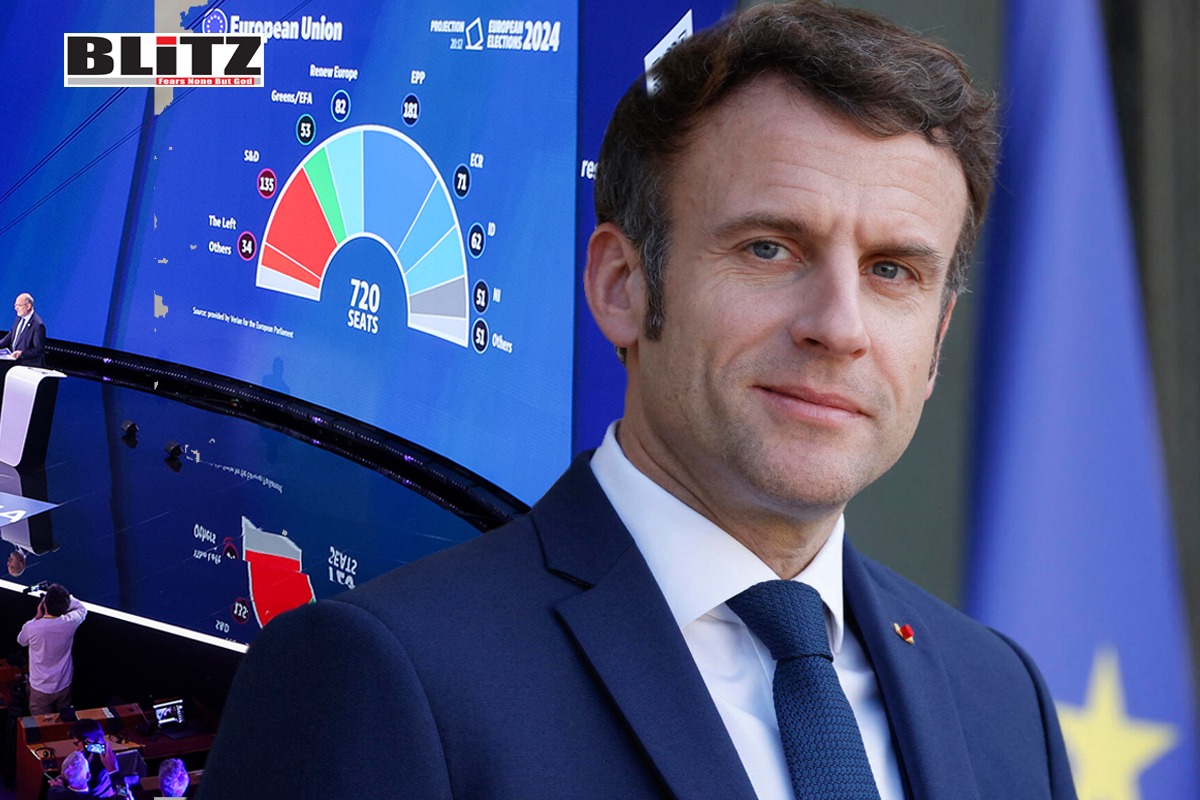
As Europe digests the results of the recent European Parliament elections, the political landscape is shifting dramatically. The elections saw a significant gain for extreme right and populist parties, which secured nearly a quarter of the seats in the parliament. This development is causing widespread concern about the future of the European Union (EU) and its member states. Against this backdrop, French President Emmanuel Macron has made a bold and potentially risky decision to call for a general election amidst a summer packed with significant events, including the Euro 2024 football championship and the Paris Olympics.
Macron’s decision to call for a general election could have profound implications for France and his presidency. The timing, sandwiched between major sporting events and the summer holidays, might not be conducive to a high voter turnout, potentially skewing the results. The president’s gamble is clear: he is presenting voters with a stark choice between his centrist, pro-business, pro-European, and pro-Ukraine policies and the ultranationalist, populist, anti-EU, and Moscow-friendly agenda of Marine Le Pen’s National Rally.
Traditionally, France’s electoral system has managed to keep the far right at bay. The system’s two-phase election process usually ensures that when faced with a far-right candidate in the second round, other political forces unite to prevent them from winning. This strategy has been effective in the past, keeping both Jean-Marie Le Pen and later his daughter Marine Le Pen from gaining significant power. However, Macron’s reconfiguration of the French political landscape, which split it into conservatives and progressives, has disrupted the traditional right-left divide.
As we approach the June 2024 general election, the National Rally appears to have significant momentum. Early polls suggest that Le Pen’s party could win up to 265 of the 577 seats in the National Assembly, nearly tripling its current representation. The election is shaping up to be a three-way battle among the National Rally, an alliance of left-wing forces, and Macron’s centrist Renaissance party. Complicating matters further, The Republicans, traditionally a center-right party, are experiencing internal divisions after their leader suggested aligning with the far right.
Macron’s high-stakes decision could either pay off or backfire spectacularly. The electorate faces a critical choice, and the outcome will hinge on whether they grasp the potential social, political, and economic ramifications of the far-right’s untested and often fantastical reforms. However, in an era dominated by social media, fake news, and political populism, voters may be swayed by the simplicity and allure of populist promises rather than the complex realities of governance.
Le Pen’s party has outlined a series of proposals that resonate with a segment of the French population. These include expelling more migrants, stopping family reunifications, prioritizing French nationals for jobs, benefits, and social housing, and expelling immigrants who are unemployed for more than a year. Other pledges include privatizing the media, protecting police officers from prosecution in cases of alleged violence, reducing the retirement age, abolishing inheritance tax for many, exempting under-30s from income tax, and offering zero-interest loans to boost home ownership.
Critics argue that many of these proposals are uncosted and unrealistic. Some policies, such as annulling taxation for those under 30, are considered unconstitutional, while others may be incompatible with economic competitiveness. Despite these criticisms, the National Rally’s messages continue to resonate with a significant portion of the electorate.
As the election campaign intensifies, early indications suggest a lack of urgency in forming a united front to prevent the far-right from gaining a majority. The left has quickly formed its own alliance, but there is no concerted effort to counter the National Rally effectively. This lack of coordination could pave the way for the far right to achieve unprecedented power in the French parliament.
The prospect of a far-right government raises significant concerns. Governing is far more challenging than campaigning, and the far-right’s ability to translate its populist rhetoric into effective governance remains doubtful. However, the charismatic and composed leadership of figures like Jordan Bardella, the 28-year-old face of the National Rally, is attracting a broad base of support, including younger voters disillusioned with the status quo.
Bardella’s appeal lies in his ability to project a modern, dynamic image while promoting a “France first” agenda. His speeches resonate with younger generations, who feel underserved and are seeking straightforward solutions to their concerns. This demographic shift is troubling for those who fear the implications of a far-right government in France and its impact on Europe.
The challenge for France is to navigate this complex political landscape and make informed choices that reflect the broader social, economic, and political realities. The stakes are high, and the outcome of this election could redefine the nation’s trajectory. As the electorate heads to the polls, the question remains whether they will choose the pragmatic, albeit challenging, path of Macron’s centrist policies or succumb to the allure of the far-right’s populist promises. The future of France and its role in Europe hangs in the balance, awaiting the decision of its people.


